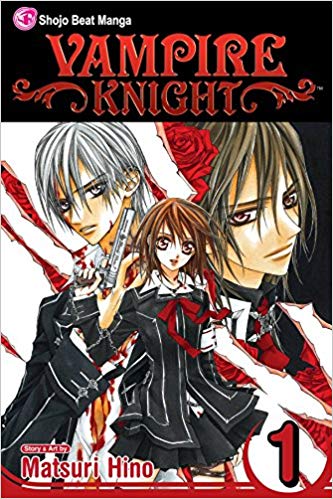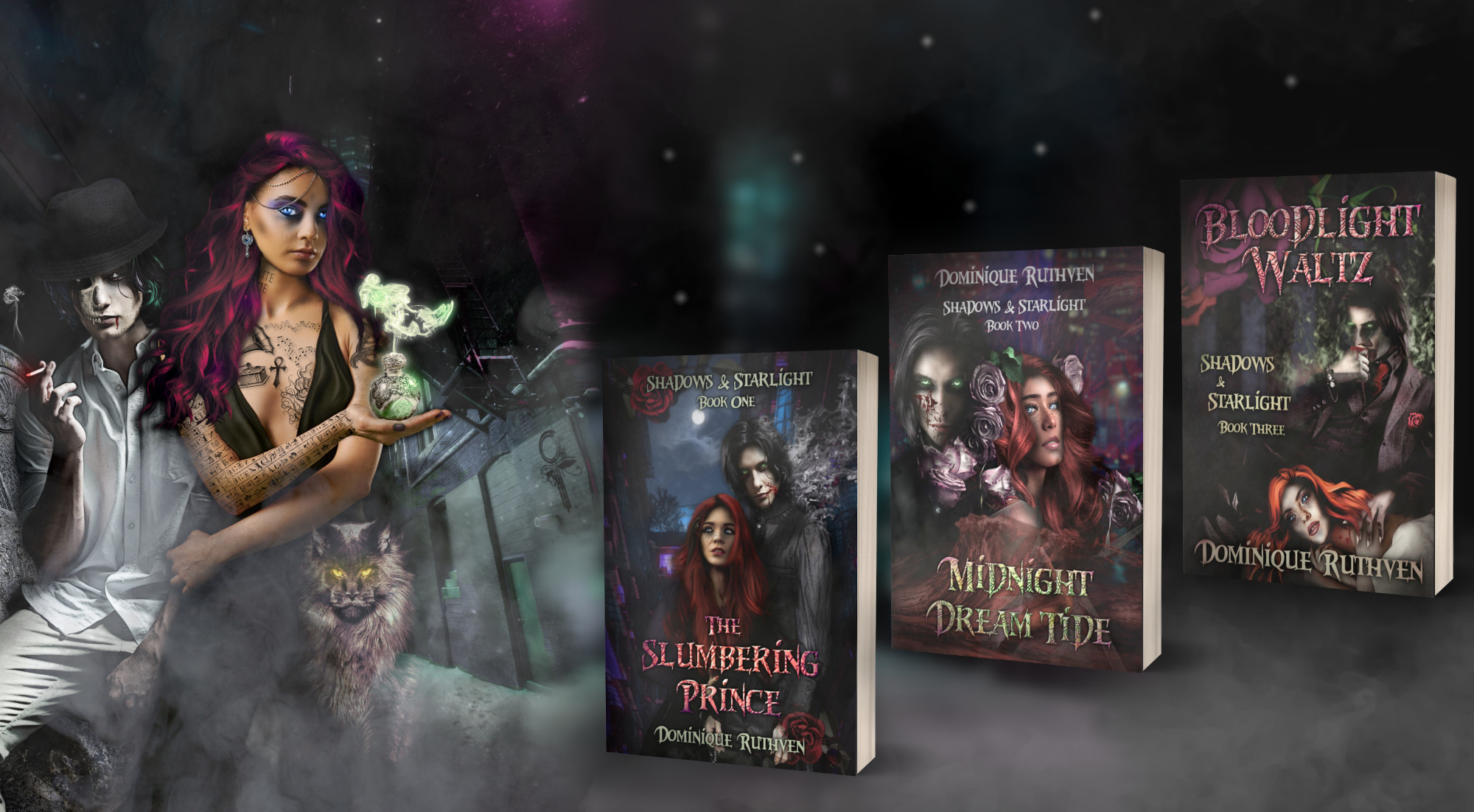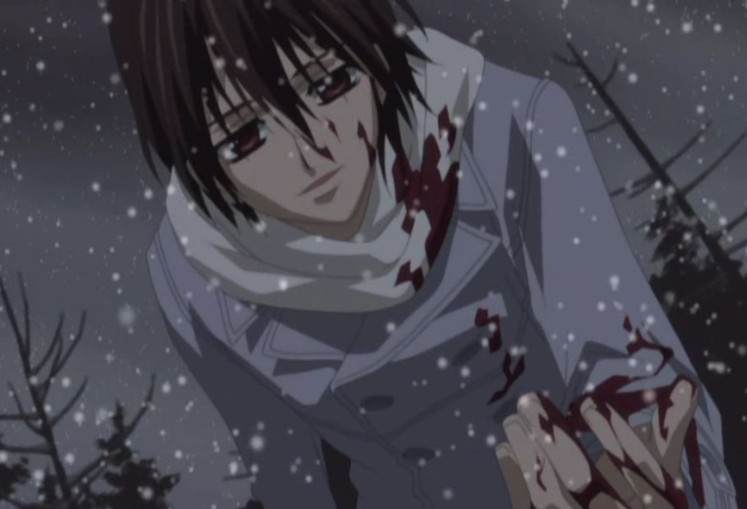I love you Kaname-sama. You are the beginning of my world, and everything in that world…So even if I couldn’t remember my past…I wouldn’t be scared.”
– Cross Yuuki

Vampire Knight is a 2008 collection of two consecutive series of Shōjo Manga and subsequent Anime based on the original story by Matsuri Hino. The first series is simply titled Vampire Knight, with the second gaining the sub-title Guilty.
The tale we uncover within the confines of this anime is set in a world where vampires do exist, but, unlike certain other, more mainstream vampire stories, they are not known to humans… With a few glaring exceptions. A former vampire hunter, Cross Kaien, experienced a life epiphany which led him to open up the Cross Academy School to vampires as well as humans, splicing the student body into day and night classes. While the human children study in innocence of the dangers roaming their school grounds, the night class makes socialising with humanity an available option for many budding, revolutionary young vampires that do not necessarily approve of the council’s handling of vampire secrecy. Young noble vampires, however, are occasionally incapable of controlling their voracious thirst and need to be monitored – enter Cross Yuuki (Kaien’s adopted daughter) and Kiryu Zero. Both were subject to the cruelties of vampires as young children and are aware of the existence of these creatures, making them the perfect guardians of both the day and night students.
But the setting, the story arch and the human character interactions are not the most intriguing portion of this vampire series. What I find enticing is the raging vampire romance, the hints at erotic, bloody trysts, the a-typical vampire anti-heroes, and, above all, the sweet promises of incest (…”sweet”).
Love between family members is a finicky thing to handle in any story… Of course, the path of least resistance, the most natural route is to keep the relations clean and pure. However, the more titillating option is to create confusion, mess with your characters’ (and your audience’s) minds. Force them to make decisions based on a fine combination of instinct and morality.
Usually, morality wins out… But sometimes it just isn’t driving enough.
Vampire Knight first approaches incest through the characters of Yuuki and Zero in an entirely subtle manner. They may not be brother and sister by blood, but they have been living as ‘siblings’ for too many integral growth years.
And that should have been the end of it.
But then we encounter another, more severely taboo relationship between Yuuki and her childhood crush/protector/idol Kuran Kaname.
“Yuuki, the safest place is beside me.”
-Kuran Kaname

It is uncovered through the anime series that Kaname is, in fact, Yuuki’s older brother and that Yuuki is actually a vampire who has been put into a kind of human stasis to protect her. Yuuki and Kaname were raised as children to marry one another and become just like their mother and father. The reality in the story, made clear through the manga series, is that Kaname is the original ancestor of the Kuran family (pureblood vampire elite according to the mythos) who was awakened from his coffin by the blood of Yuuki’s actual elder brother. The family then chose to raise this strange childlike ancestor as their own son (in place of the one they lost to wicked vampire machinations) and promised the hand of their baby daughter to him.
Of course, Vampire Knight, has a universal backup here, in that, pureblood vampires can’t drink from humans without turning them, and vampires only gain nourishment through the blood of other vampires, whom they love. Ultimately, this puts our pureblood vampires in an awkward situation. Especially considering how few of them there are. And, if they want to keep their bloodlines pure (ish), they don’t really have much choice.
The incest is treated with tender sincerity, making it almost acceptable to most audiences. But, of course, the cop-out helps matters somewhat.
Where vampires are concerned, taboo abounds. But one must also consider that intermarriage – even through ties as close as those between siblings – is a natural part of human history. Genetically morbid offspring aside, people tend to stay close to those they have closeness to already. And sometimes, we find ourselves entertaining thoughts we should not (by societal standards). Vampires are creatures set in their ways. People, yes, but more stubborn with the views they held when their hearts still beat. And most vampires we encounter in literature are incredibly old, like walking fossils.
I defy anyone who claims a vampire – a powerful, ferocious, terrifying monster hiding behind the guise of a beautiful human visage – will be willing to alter centuries’ refined views with a few simple phrases, eloquently articulated by a human being. Why should the vampire care what society maintains is ethical and fair? What vampires desire they take. This is true of all literature on the subject… Yes, even Edward; he wants Bella to stay away from Jacob and he enforces that ruling, for those of the Twilight-persuasion.
Vampire Knight has been called “melodramatic” by other reviewers. Not to mention, cheesy. But it should be said that any diehard vampire fan will come down with a serious case of googly eyes over this particular manga/anime combo. It’s quite beautifully-crafted. Yuki, at first, is a bit frustrating (although, I find that to be true of many leads in shōjo), but given time, this series grows on you. To the point where you will compare most other vampire tales to it, and find them painfully lacking in, well, everything.

